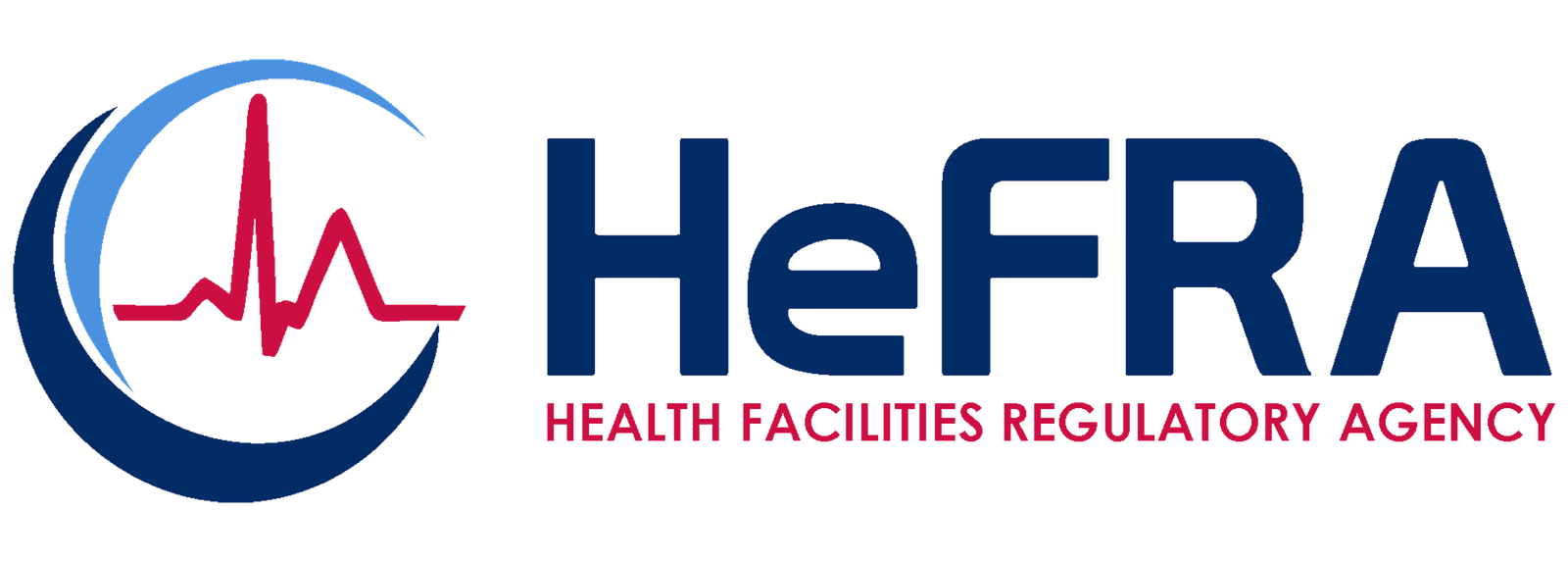
Pain in Ghana Explained: What Hurts, Why, and What to Do 🤕 😭
Pain is a common experience that affects everyone at some point in life. In Ghana, many people deal with pain but may not fully understand its causes, how to manage it, or the myths surrounding it. This article explains the types of pain, 50 common causes, practical management tips, and addresses myths using simple language.
Images are only illustrative; may not pass an academic critique
Types of Pain Common in Ghana
- Back Pain: Affects the lower or upper back, often due to poor posture, heavy lifting, or stress.
- Waist Pain: Linked to muscle strain, kidney issues, or pregnancy.
- Stomach Pain: Caused by ulcers, infections, gas, or menstrual cramps.
- Chest Pain: May signal heart issues, acid reflux, or muscle strain.
- Joint Pain: Seen in arthritis, aging, or injuries.
- Menstrual Pain: Common in women due to cramps or conditions like fibroids.
- Headache: From stress, dehydration, or migraines.
- Toothache: Due to cavities, infections, or gum disease.
- Pelvic Pain: Often related to infections, fibroids, or pregnancy.
- Nerve Pain: Sharp or burning pain from conditions like diabetes.
Images are only illustrative; may not pass an academic critique
50 Common Causes of Pain in Ghana
Ulcers (stomach pain after eating).
Kidney Stones (sharp pain in the lower back or abdomen).
Malaria (body aches, fever).
Fibroids (pelvic pain, heavy periods).
Arthritis (joint stiffness and pain).
Urinary Tract Infections (UTIs) (pain during urination).
Appendicitis (sudden right lower abdomen pain).
Gallstones (upper right abdomen pain).
Pneumonia (chest pain when breathing).
Images are only illustrative; may not pass an academic critique
Sickle Cell Crisis (severe body and bone pain).
Muscle Strain (from lifting or overwork).
Heartburn (burning chest pain).
Constipation (lower stomach pain).
Hernia (pain near the belly or groin).
Tooth Decay (throbbing tooth pain).
Ectopic Pregnancy (sharp pelvic pain).
Ovulation Pain (mid-cycle lower abdomen discomfort).
Prostate Issues (pelvic pain in men).
High Blood Pressure (headaches, neck pain).
Diabetes (nerve pain in hands/feet).
Liver Disease (right upper abdomen pain).
Asthma (chest tightness).
Skin Infections (boils, abscesses).
Images are only illustrative; may not pass an academic critique
Sciatica (pain from lower back to legs).
Carpal Tunnel Syndrome (wrist and hand pain).
Endometriosis (severe menstrual pain).
Food Poisoning (stomach cramps, diarrhea).
Sprains (ankle/knee pain).
Sinusitis (facial pain, headaches).
Ear Infections (earache, jaw pain).
Breast Pain (hormonal changes, infections).
Hemorrhoids (anal pain, bleeding).
HIV-Related Pain (chronic body aches).
Thyroid Issues (neck pain, swelling).
Stroke (sudden severe headache).
Tuberculosis (chest pain, coughing).
Cholera (stomach cramps, dehydration).
Images are only illustrative; may not pass an academic critique
Breastfeeding Pain (sore nipples, engorgement).
Varicose Veins (leg pain, swelling).
Allergies (sinus pressure, headaches).
Labour Pain (during childbirth).
Post-Surgery Pain (incision site discomfort).
Burns (skin pain, blisters).
Cancer (chronic pain in later stages).
Depression (emotional pain, fatigue).
Dehydration (muscle cramps, headaches).
Eye Strain (headaches, blurred vision).
Insect Bites/Stings (localized pain, swelling).
Fractures (sharp bone pain).
Spiritual or Emotional Pain (stress, grief).
Images are only illustrative; may not pass an academic critique
How to Manage Pain
- Painkillers: Use paracetamol or ibuprofen for mild pain. Avoid overdosing.
- Herbal Remedies: Some people report using ginger, cloves, or dawadawa for inflammation; not scientifically proven (consult a herbalist).
- Hot/Cold Compress: Apply to swollen joints or muscle strains.
- Rest: Avoid overexertion for back, waist, or joint pain.
- Hydration: Drink water to ease headaches and muscle cramps.
- Clinic Visits: For severe pain (e.g., chest pain, suspected appendicitis).
- Physiotherapy: For chronic back or joint issues.
- Diet Changes: Avoid spicy foods for ulcers; eat fiber for constipation.
- Exercise: Stretching/yoga for back pain.
- Mental Health Support: Counseling for emotional pain.
Avoid:
- Using unverified herbal mixes.
- Ignoring persistent pain (could signal serious illness).
- Sharing prescription painkillers.
Images are only illustrative; may not pass an academic critique
Myths vs. Facts About Pain
- Myth: "Pain during sex is normal for women." Fact: Pain during sex could signal infections, fibroids, or dryness—see a doctor.
- Myth: "All waist pain is caused by spiritual attacks." Fact: Waist pain is often due to muscle strain, kidney issues, or poor posture.
- Myth: "Painkillers like ‘Sarkodie Pain Killer’ cure all pains." Fact: Painkillers only relieve symptoms; they don’t treat underlying causes.
- Myth: "Pregnant women shouldn’t take any pain medication." Fact: Some painkillers (e.g., paracetamol) are safe during pregnancy—ask a doctor.
- Myth: "Applying heat worsens swelling." Fact: Heat relaxes muscles; ice reduces swelling—use appropriately.
- Myth: "Traditional herbs are always safer than clinics." Fact: Some herbs can interact with medicines or cause harm—consult experts.
When to Seek Help
- Chest pain with sweating or shortness of breath.
- Severe abdominal pain with vomiting.
- Unexplained weight loss with chronic pain.
- Pain that lasts longer than 2 weeks.
Conclusion
Pain is not always a sign of something serious, but ignoring it can lead to complications. Use safe pain relief methods, debunk myths, and seek medical help when needed. Ghana has clinics, pain management centers (e.g., Pain Clinic Ghana), and qualified professionals to help you live pain-free.
Remember: Your health is your wealth—don’t suffer in silence!
- Headaches: A Clear Guide For Ghanaians 🤕💥🧠
- 🦵💪 Painful Truths: Tackling Rheumatism as a Ghanaian – Symptoms & Solutions 🌟🇬🇭
- Body Signals: 🤧🤒Decoding the Most Common Symptoms in Daily Life 🤮– Part 1
- Galamsey and Its Health Implications in Ghana 🪨🧑🏭⛏️
- Health Insurance Policies in Ghana for the Ordinary Ghanaian: A Complete Guide 🏥💊🛡️

We Love to Educate for Free
But please do not self-medicate as wrong doses of even correct medications can cause serious complications like kidney failure and even death. You can talk to a LICENSED health professional (including medical doctors, specialists, physician assistants, clinical psychologists, nutritionists/dieticians, medical herbalists, etc) by downloading the Deluxe Hospital app here:










